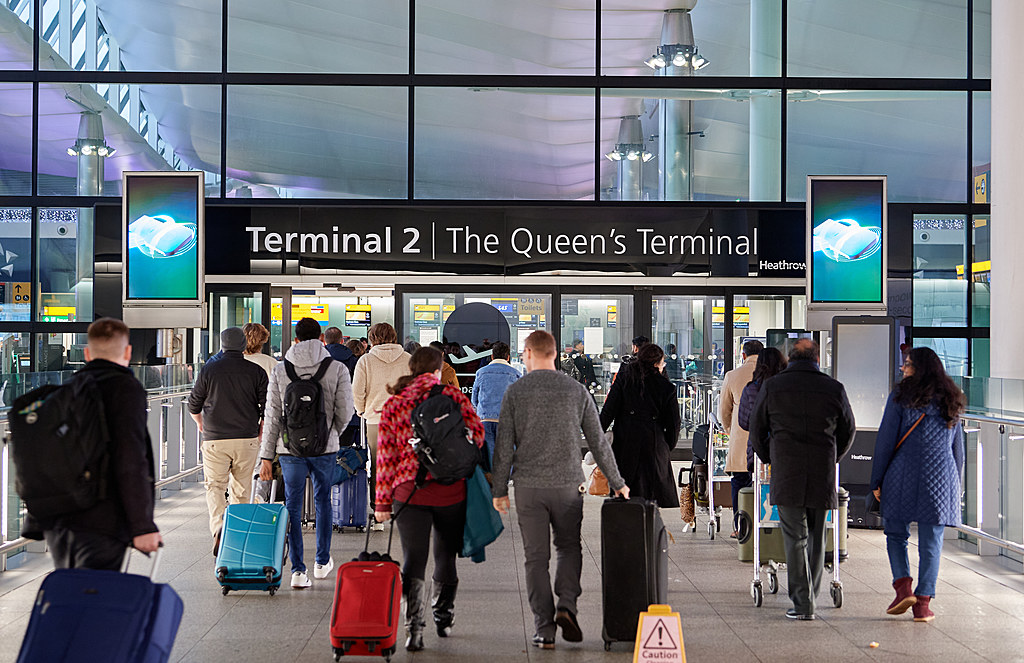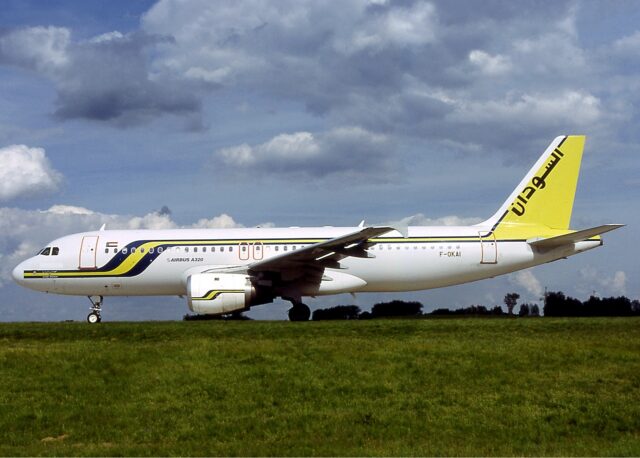Airlines and airports disappointed by UK government’s increase in APD
Airports and airlines in the UK have pushed back against the UK government’s increase in Air Passenger Duty (APD), which will hit travellers directly in their pockets.
As part of…

November 1, 2024

Airports and airlines in the UK have pushed back against the UK government’s increase in Air Passenger Duty (APD), which will hit travellers directly in their pockets.
As part of the new Labour government’s 2024 Budget, which was revealed on Wednesday 30 October, Chancellor of the Exchequer, Rachel Reeves, announced an increase in APD impacting both commercial passengers and private jet customers. The new rules will take effect in April 2026 with passengers in economy paying an extra £1 for domestic flights, £2 more to fly to short-haul destinations, £12 for long-haul destinations and relatively more for those flying in premium economy and business class cabins.
Additionally, the higher rate, which currently applies to larger private jets, will rise by a further 50% in 2026-2027. Passengers under the age of 16 will be exempt from the charge, however the government is also consulting on the extending the scope of the APD higher rate to capture all passengers travelling in private jets already within the APD regime.
In a statement released earlier in October, prior to the budget announcement, London Southend Airport said, “these tax hikes can make flying more expensive for travellers, which is why it’s important to have fair tax rules that support both the industry and passengers while still providing travel options.”
Commenting that APD has not kept up with inflation in recent years, Reeves said the government was “introducing an adjustment, meaning an increase of no more than £2 for an economy class short-haul flight.”
The hike in APD was met with disappointment from various industry trade bodies, including AirportsUK, whose chief executive, Karen Dee, said “it was disappointing that the chancellor increased air passenger duty, especially at a time when airports are investing in new security technologies, sustainable flight and airspace modernisation, as well as facing increasing burdens in other areas.”
The concern for airports and airlines is that the increase in APD hits passengers directly in the pocket, as Tim Alderslade, CEO of Airlines UK, added that APD already makes the UK “less competitive”, as he pointed out that further increases in addition to rises in other business levies will affect growth and directly impact travellers, as well as make it harder for airlines to develop new routes. “We need a revised and joined-up approach to the UK’s strategically vital aviation sector,” he said.
Dee also emphasised that if the government is serious about achieving its aim for the UK to become the fastest growing economy in the G7, “then it must recognise and champion the role that airports play in growth and international connectivity and minimise the cost and regulatory burdens imposed.”
While there was disappointment at the increased APD, there was cause for celebration at the extension of the advanced fuels fund by another year and the additional £975 million in R&D funding for aerospace, which can support the sector’s transition to zero emission flight.
















